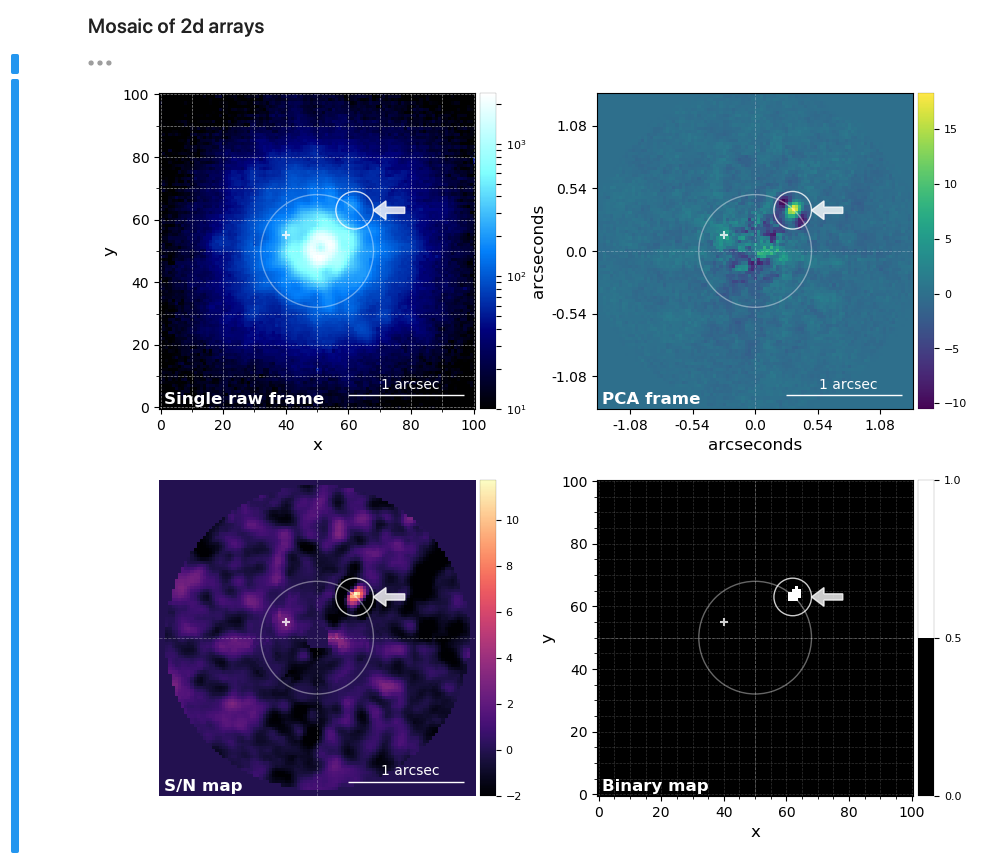Most of the academic code I develop is open and lives on Github.
Below, are highlighted some repositories with code for ongoing and past projects:
DL4DS
DL4DS (Deep Learning for empirical DownScaling) is a software in the form of a python package, that implements state-of-the-art and novel deep learning methods for super-resolution or downscaling of climate and Earth observation data. DL4DS has been designed with the goal of providing a general framework for training convolutional neural networks with configurable architectures and training procedures to facilitate comparative and ablation studies in a robust way. The methods implemented in DL4DS can be trained in a distributed way on several GPUs. The methods of DL4DS handle multiple predictor and auxiliary variables, can operate in perfect prognosis or model output statistics frameworks, can model spatial or spatio-temporal samples, and can be trained in a purely supervised or in an adversarial conditional way. DL4DS implements several upsampling techniques and a channel-attention mechanism. A localized convolutional block can be included in the networks of DL4DS for learning location (grid point) specific information. Repository.

The general architecture of DL4DS. A low-resolution gridded dataset can be downscaled, with the help of (an arbitrary number of) auxiliary predictor and static variables, and a high-resolution reference dataset. The mapping between the low- and high-resolution data is learned with either a supervised or a conditional generative adversarial DL model. The training can be done from explicit pairs of HR and LR samples (MOS-style, e.g., HR observations and LR numerical weather prediction model output) or only with a HR dataset (PerfectProg-style, e.g., HR observations or HR model output).
Ecubevis
Ecubevis - Earth CUBE VISualization with Python. Intended for the interactive exploration of n-dimensional (2D, 3D, 4D or 5D) arrays on Jupyterlab/Jupyter notebooks. Ecubevis repo.
pip install ecubevis

SODINN
The SODINN package is the consolidation and evolution of the framework proposed in Gomez Gonzalez et al. 2018. This is work in progress and is being developed “in the open” (see the repository on Github), as an exercise of open science. This framework for exoplanet detection in multidimensional (3d and 4d arrays) high-contrast imaging datacubes consists of 2 main components: a labeled data generation system and a discriminator, in the form of a deep neural network.
VIP
VIP is a Python package/library for angular, reference star and spectral differential imaging for exoplanet/disk detection through high-contrast imaging. Check the Github repository here and the documentation at readthedocs. VIP is available on PyPi:
pip install vip_hci

HCIplot
High-contrast Imaging Plotting library. The goal of this library is to be the “Swiss army” solution for plotting and visualizing multi-dimensional high-contrast imaging datacubes on Jupyter lab.
pip install hciplot

supervised-detection-exoplanets-hci
Code for the paper: “Supervised detection of exoplanets in high-contrast imaging sequences”, Gomez Gonzalez et al 2018. Developed in Python 2 but compatible with Python 3. This package enables the generation of labeled data (MLAR smaples) for training machine learning classifiers. It also contains a function for building and training the neural network model that succesfully exploits the 3 dimensions of the training samples (hybrid convolutional and recurrent network). Keras/Tensorflow were used for the implementing network. Finally, it also contains the code for generating the ROC curves (figures 7 and 8) comparing the supervised detection framework to standard model PSF subtraction techniques. Code on GitHub.
PyAstrOFit
Python package dedicated to the planet orbit fitting using Markov chain Monte Carlo (MCMC) methods. GitHub repository.
